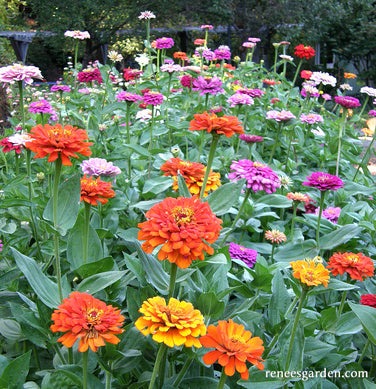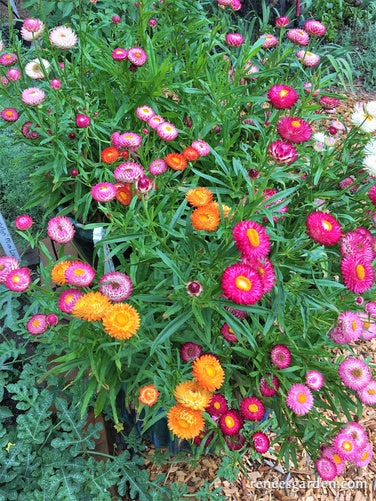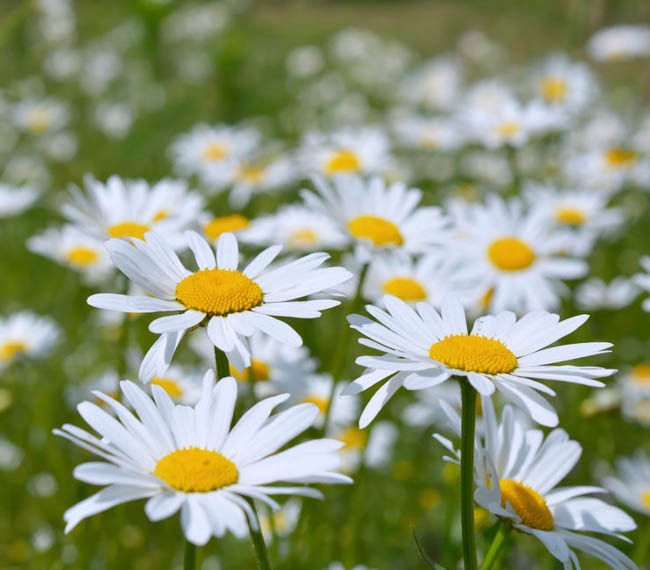This year I’m starting seeds indoors for the garden. I got a wide variety of perennials and annuals for sun and shade. I’ve only grown plants from seeds a couple times, so I’m eager to see what happens with so many different varieties.
After researching the plants and reviewing the seed starting instructions, I decided to use 3 methods. Some I will direct sow in the ground after the last frost date, which is April 6 here in the Seattle area. Some of the plants require cold stratification, and the rest I planted in small flats indoors.
Cold Stratification
Let’s start with cold stratification, which is new to me. I learned this is common for perennials. The Coral Bells (heuchera) and Foam Flowers (tiarella) will get this treatment.
- Coral Bells – mix
- Foam Flower – Sugar Scoop
- Foam Flower – Heartleaf



Cold stratification mimics the natural fluctuations in temperature that perennials experience outdoors by placing the seeds in a moist cool environment, such as a refrigerator, for 4 to 6 weeks. I sprinkled the seeds on a wet paper towel and placed them in ziplock bags in the refrigerator. Supposedly this is enough moisture and oxygen for the seeds to germinate. When they germinate, I can transfer the seeds to flats.


Sow Indoors
I sowed the majority of the seeds indoors to get a jump start before the last frost. Here is a list of the seeds I planted in small flats indoors.
- Columbine—Red Clementine
- Columbine—Nora Barlow
- Roman Chamomile
- Zinnia—mix of colors
- Lychnis Alba
- Strawflower—dwarf variety with a mix of colors
- Bachelor’s Button—mix of colors
- St John’s Wort—pink variety








Here are a few shots of my kitchen production line and the planted flats in the window.




Direct Sow Outside
I’ll sow the rest of the seeds outdoors in a few weeks, after the risk of frost passes.
- Shirley poppies
- Amphora poppy
- Euphorbia marginata
- Ox eye daisy
- Jupiter’s beard





The next step is to watch for sprouts in the next two or three weeks. I’ll keep you posted!




